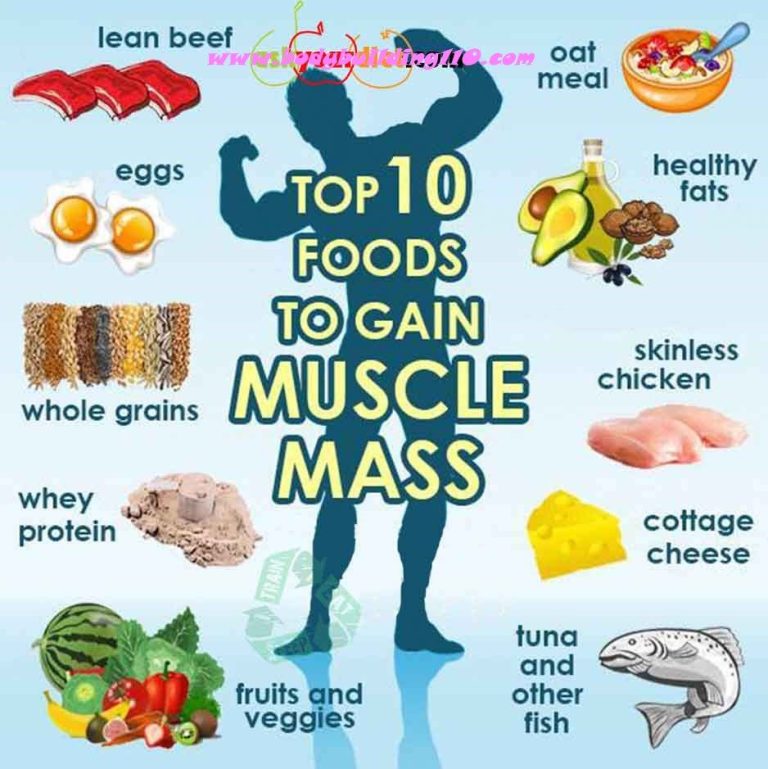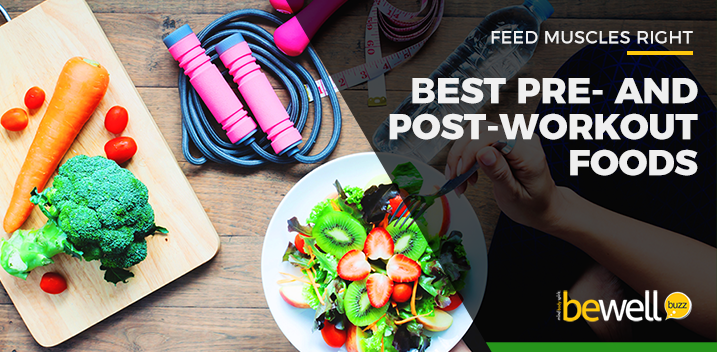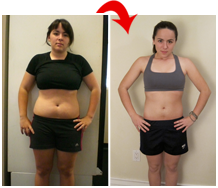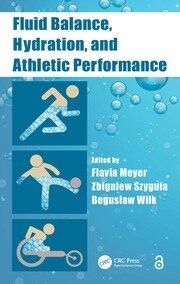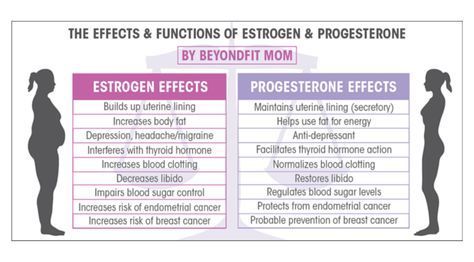In order to optimize physical performance, it is not only important to pay attention to what we eat but also when we eat. Nutrient timing refers to the strategic consumption of nutrients to maximize their impact on the body, especially during periods of intense physical activity or training. This article will explore the key principles of nutrient timing and provide guidance on when to eat for optimal performance.
The Role of Macronutrients
The three primary macronutrients – carbohydrates, protein, and fats – play crucial roles in fueling the body and supporting its physiological processes. Timing the intake of these macronutrients effectively can enhance energy levels, aid in muscle repair and growth, and optimize overall performance.
Carbohydrates: Fuel for Energy
Carbohydrates are the body’s primary source of energy, particularly during exercise. Consuming carbohydrates before and during a workout can provide the necessary fuel for sustained physical performance. It is recommended to consume a balanced meal containing complex carbohydrates such as whole grains, fruits, and vegetables at least 3-4 hours before exercise. Additionally, consuming a small snack rich in carbohydrates 30 minutes to an hour before a workout can provide an extra energy boost.
Protein: Building and Repairing Muscles
Protein plays a vital role in muscle building and repair. Consuming an adequate amount of protein after exercise can help optimize muscle recovery and promote growth. It is recommended to consume protein-rich foods within 30 minutes to an hour after completing a workout. This is when the body is highly receptive to protein, allowing for efficient muscle repair and growth. Good sources of protein include lean meats, poultry, fish, dairy products, and plant-based options such as tofu and legumes.
Fats: Slow-Release Energy
Although often overlooked, dietary fats are essential for overall health and performance. They provide a slow-release energy source and help support hormonal balance. Including healthy fats such as avocados, nuts, seeds, and olive oil in your meals can contribute to sustained energy levels throughout the day. However, it is important to moderate fat intake before or during exercise as it may slow down digestion and cause discomfort.
Pre-Workout Nutrition
What you eat before a workout can significantly impact your performance. Here are some guidelines for pre-workout nutrition:
Timing
Consuming a well-balanced meal containing carbohydrates, protein, and fats 2-3 hours before exercise allows for proper digestion and absorption of nutrients. This ensures a steady supply of energy during your workout. If time is limited, opt for a smaller snack rich in carbohydrates and a moderate amount of protein approximately 30 minutes to an hour before your workout.
Carbohydrate Loading
In certain cases, such as endurance events lasting more than 90 minutes, carbohydrate loading may be beneficial. This involves increasing carbohydrate intake in the days leading up to the event to maximize glycogen stores in the muscles. This can help delay fatigue and improve performance during prolonged activities.
Post-Workout Nutrition
After a strenuous workout, the body requires proper nourishment to recover effectively. Here are some post-workout nutrition tips:
Immediate Refueling
Consuming a combination of carbohydrates and protein within 30 minutes to an hour after your workout helps replenish glycogen stores, repair muscle tissue, and promote recovery. This can be in the form of a protein shake, a balanced meal, or a snack, depending on individual preferences and dietary restrictions.
Hydration
Rehydrating the body after exercise is crucial to restore fluid balance and maintain optimal performance. Water should be the primary source of hydration, but for intense or prolonged workouts, electrolyte-rich beverages may be beneficial.
Snacking for Performance
In addition to pre and post-workout meals, strategic snacking throughout the day can enhance performance. Here are some guidelines for snacking:
Frequency
Snacking every 2-3 hours can help maintain steady energy levels throughout the day, ensuring you are fueled for both physical and mental demands. This can prevent energy crashes and promote optimal performance.
Macronutrient Balance
Each snack should contain a combination of carbohydrates, protein, and fats. This macronutrient balance provides sustained energy, aids in muscle repair, and promotes satiety.
Healthy Options
Opt for nutritious snacks such as Greek yogurt with berries, a handful of nuts, or a whole grain granola bar. Avoid processed snacks high in sugar and artificial additives, as they may lead to energy crashes and hinder performance.
Conclusion
Nutrient timing is a key component of optimizing physical performance. By strategically timing the intake of macronutrients and paying attention to pre and post-workout nutrition, individuals can enhance energy levels, aid muscle repair and growth, and ultimately improve their overall performance. Remember, everyone’s nutritional needs may vary, so it is essential to listen to your body and make adjustments as necessary. Consultation with a healthcare professional or registered dietitian can provide personalized guidance based on individual goals and requirements.

